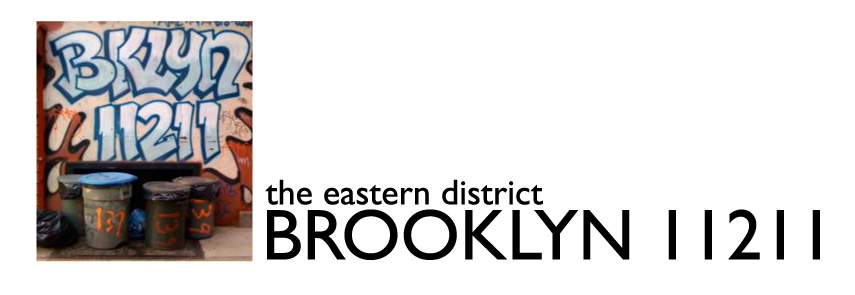The lawsuit backed by the [unnamed] grass roots organization will argue that the city’s Department of Homeless Services illegally circumvented the stringent “fair share” approval process by converting the four-story industrial warehouse without formal Community Board or City Council approval.
20 beds in the facility will be set aside for Greenpoint residents – nowhere near enough to begin to address the local homeless population or their needs.
